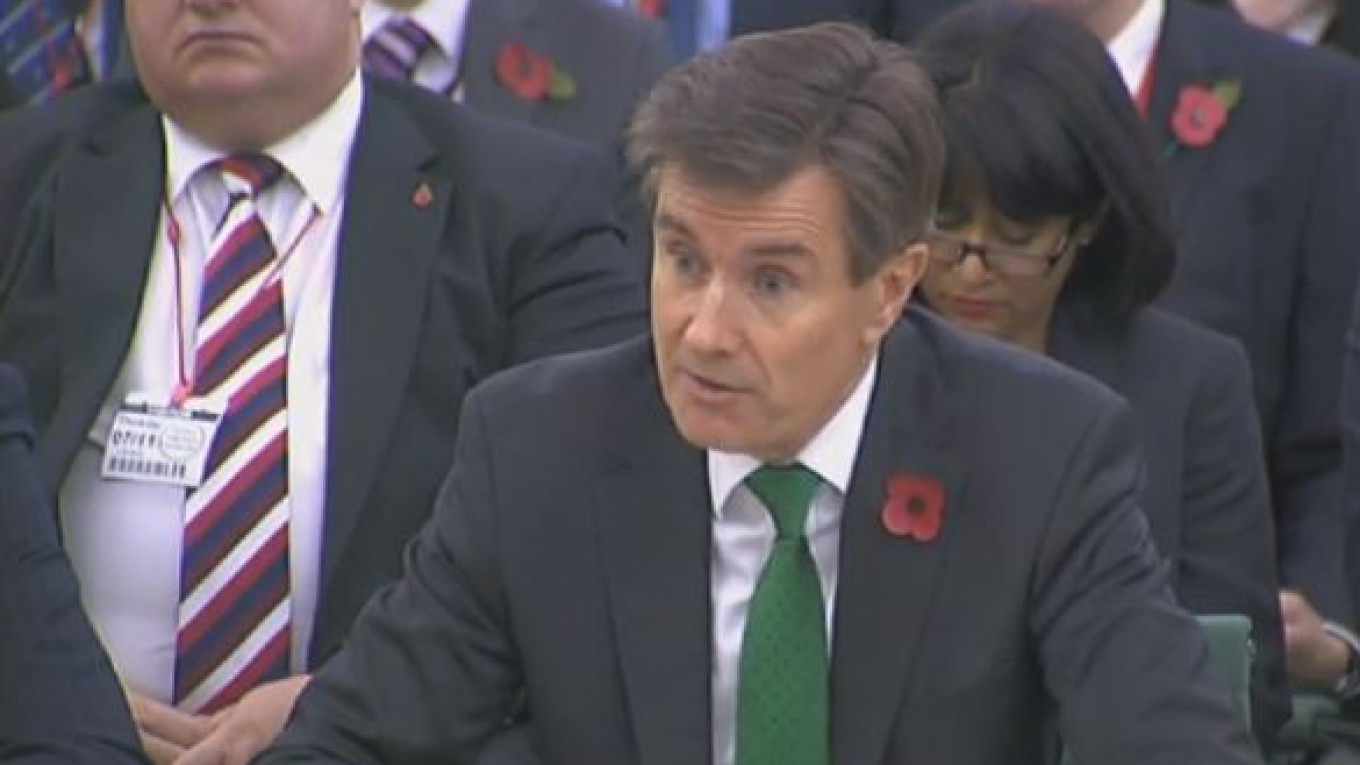Britain has started sharing intelligence information with Russia for the first time since the fallout over the death of former Russian agent Alexander Litvinenko in an effort to assist with security preparations for the Sochi Winter Olympics, a top MI6 official said.
With Russia hosting the Winter Olympics in February, British intelligence services are exchanging some of the experience they gained from the 2012 Summer Olympics in London, MI6 chief Sir John Sawers told a committee of British lawmakers Thursday.
"We passed the Olympic flame on from London to Sochi, and we have a certain responsibility there, and we will take it forward step by step," Sawers said.
Sawers said there had been a "gap" in which the Russian and British intelligence services didn't talk to each other about intelligence matters due to the acrimony caused by Litvinenko's death and the investigations that followed it.
The British government "took a series of measures" after former Federal Security Services (FSB) agent Litvinenko died in London in 2006 from polonium poisoning, but the Russian authorities have not sufficiently cooperated with Britain on the case, Sawers said.
Litvinenko said that the Russian authorities had plotted to kill late tycoon Boris Berezovsky, and accused the FSB of organizing a series of Russian apartment building bombings that prompted the start of the second Chechen War in 1999. Litvinenko fled to Britain and sought asylum in 2000, after a series of criminal charges were leveled against him in Russia.
The circumstances of his poisoning remain unknown, though two Russian former secret service agents who met with him in a London restaurant hours before he fell ill have been suspected.
Security documents leaked by former NSA contractor Edward Snowden have helped al-Qaida and other terrorist groups by impelling them to change the way they communicate, said Sir Iain Lobban, director of the Government Communications Headquarters, who also gave evidence at Thursday's meeting.
Foiling terrorist plans will become "far, far harder" in the following years, Lobban said.
Terrorists are "rubbing their hands with glee" and "lapping it up," Sawers said, also referring to Snowden's decision to divulge information to the media.
The security chiefs were unwilling to explain how the leaks could damage their organizations' effectiveness in greater detail, only saying that much of their success rests upon terrorists not knowing what security services are doing.
Contact the author at [email protected]
A Message from The Moscow Times:
Dear readers,
We are facing unprecedented challenges. Russia's Prosecutor General's Office has designated The Moscow Times as an "undesirable" organization, criminalizing our work and putting our staff at risk of prosecution. This follows our earlier unjust labeling as a "foreign agent."
These actions are direct attempts to silence independent journalism in Russia. The authorities claim our work "discredits the decisions of the Russian leadership." We see things differently: we strive to provide accurate, unbiased reporting on Russia.
We, the journalists of The Moscow Times, refuse to be silenced. But to continue our work, we need your help.
Your support, no matter how small, makes a world of difference. If you can, please support us monthly starting from just $2. It's quick to set up, and every contribution makes a significant impact.
By supporting The Moscow Times, you're defending open, independent journalism in the face of repression. Thank you for standing with us.
Remind me later.






